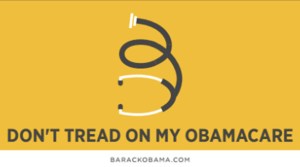You can keep your plans for this weekend. House will not vote on Affordable Care Act rewrite, smoothing way for government to stay open:
 Despite pressure from the White House, House GOP leaders determined Thursday night that they didn’t have the votes to pass a rewrite of the Affordable Care Act and would not seek to put their proposal on the floor on Friday.
Despite pressure from the White House, House GOP leaders determined Thursday night that they didn’t have the votes to pass a rewrite of the Affordable Care Act and would not seek to put their proposal on the floor on Friday.
A late push to act on health care had threatened the bipartisan deal to keep the government open for one week while lawmakers crafted a longer-term spending deal. Now, members are likely to approve the short-term spending bill when it comes to the floor and keep the government open past midnight on Friday.
And there it is. House passes spending deal to keep the federal government open another week:
A short-term spending agreement to keep the federal government open for another week passed the House of Representatives on Friday.
The Senate is expected to pass the short-term deal later Friday and House and Senate negotiators are set to work through the weekend to finalize a longer-term deal that would fund the government through the end of the fiscal year in September.
Top staff and leaders on the appropriations committees worked late into the night on Thursday to reach an agreement but were unable to resolve differences on several unrelated policy measures that have plagued the process since the beginning, according to several congressional aides familiar with the talks.
“We’re willing to extend things for a little bit more time in hopes that the same sort of progress can be made,” Senate Minority Leader Charles E. Schumer (D-N.Y.) said Friday morning.



